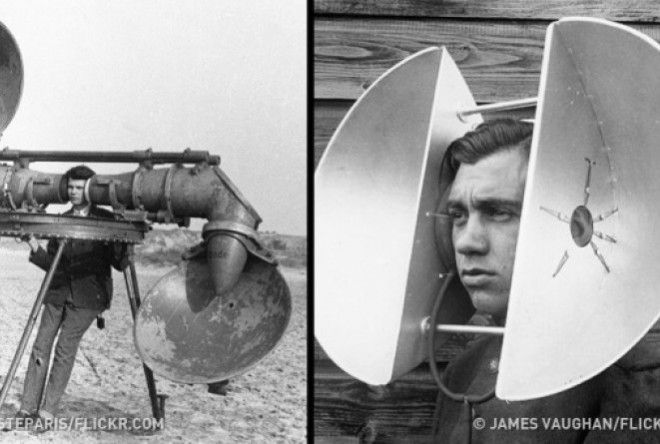We compiled a list of such jobs that may seem strange or crazy to modern-day readers but were part of everyday life for our ancestors.
1. Aircraft listener
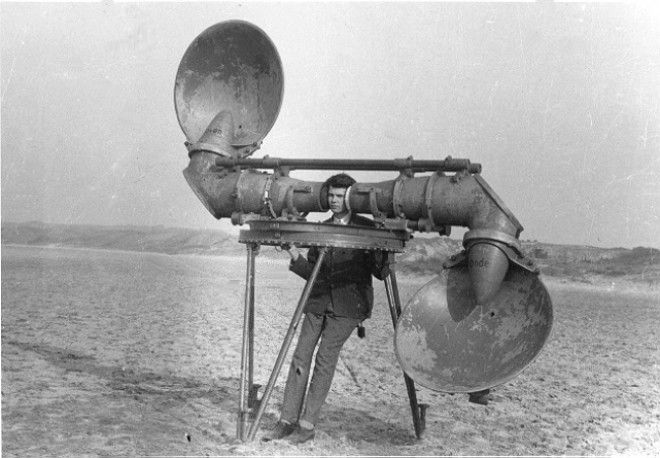
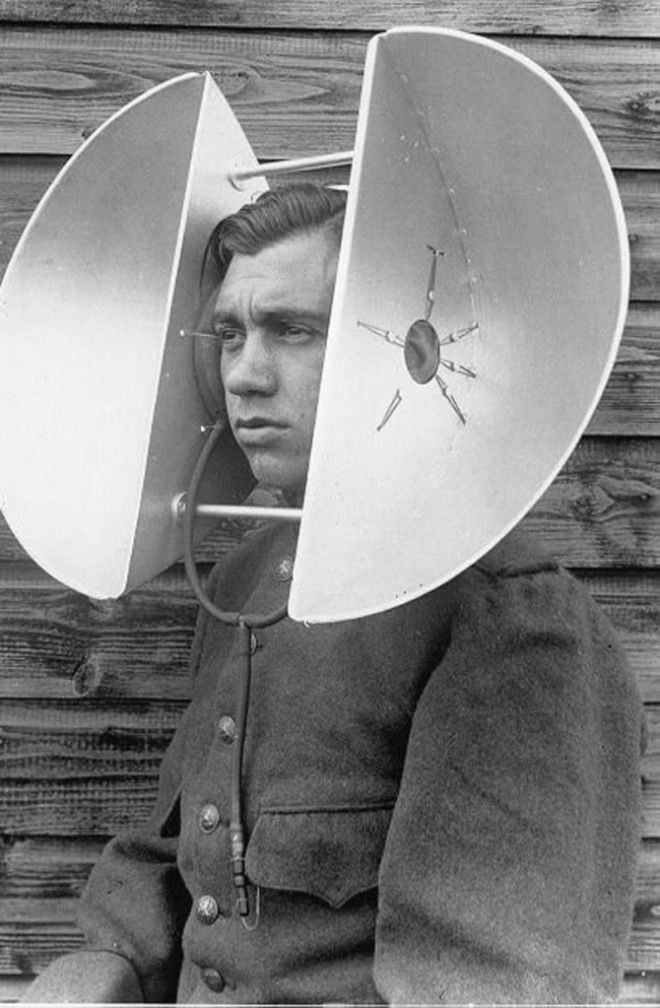
Before the invention of the radar, military personnel had to use other tools to detect the enemy. One of the techniques was called acoustic location. Extended horns helped people to detect vibrations and localize the sound, even over hills. This improvised equipment was used from mid-WW1 to the early years of WW2.
2. Orgy planner

This job existed in ancient Rome, and, as the title suggests, the main task of this professional was to plan festivities for the rich by organizing the menu, music, and women. The most famous orgy planner at that time was Gaius Petronius, the famous author of Satyricon, an ancient comic novel.
3. Armpit hair plucker
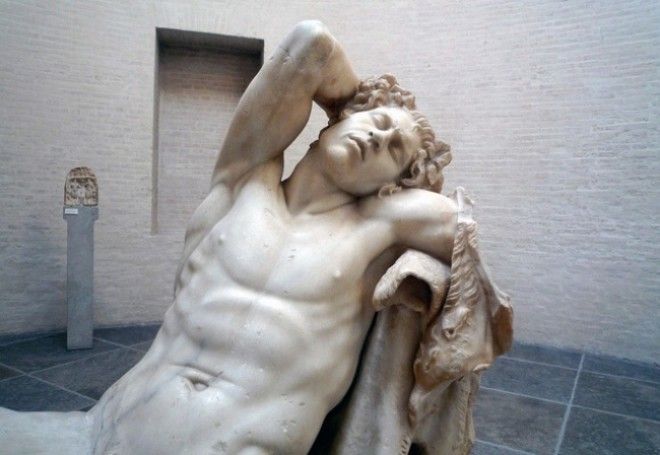
In ancient Rome, hair removal was often seen as an identifier of class. So there were armpit hair pluckers working in Roman public baths, using hot iron tweezers to remove their clients’ unwanted hairs.
4. Funeral clown
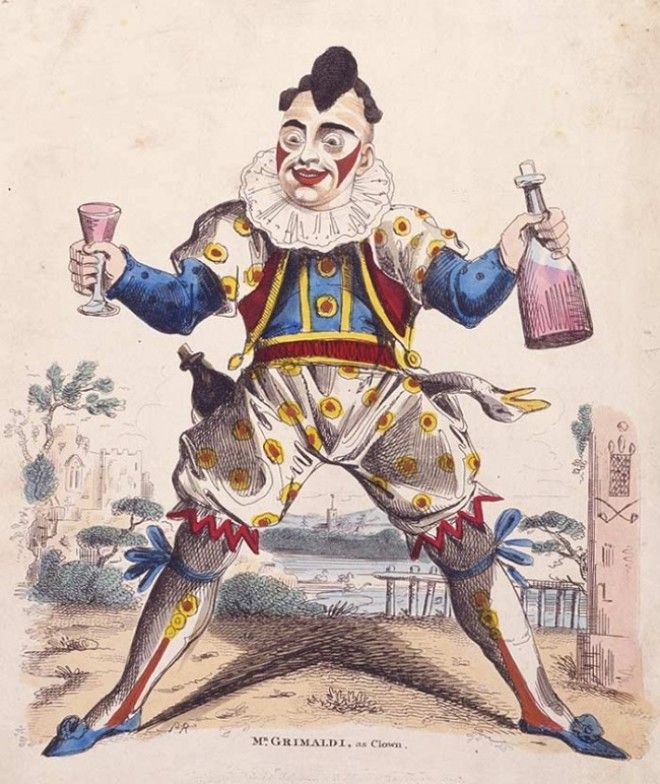
The job of a funeral clown in ancient Rome was to imitate the deceased at their funeral by performing impressions of their voice, manners, and gestures and even dressing as the dead person. This was done to comfort the spirit of the dead and entertain the living.
5. Groom of the Stool
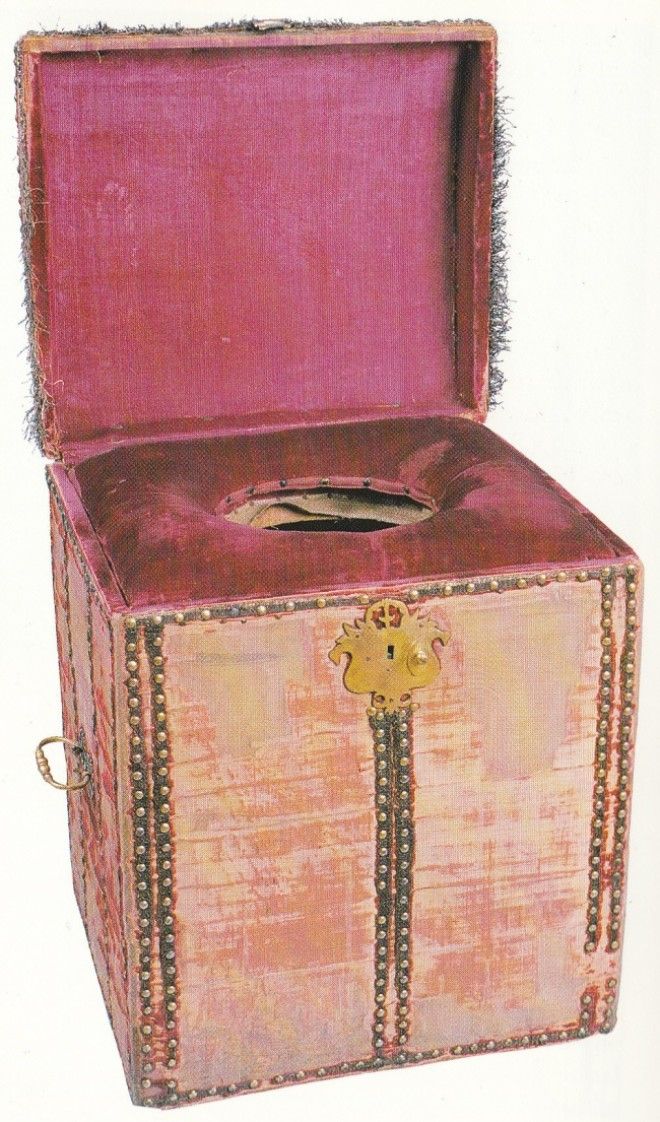
This job is not one of the most pleasant. The Groom of the Stool was the official title of a servant of an English king who assisted him in bodily functions and washing. This job was created during the reign of Henry VIII. The responsibilities of these servants changed during the times of the Tudors to just dressing the monarch. The title changed accordingly to Groom of the Stole and existed until 1901.
6. Leech collector
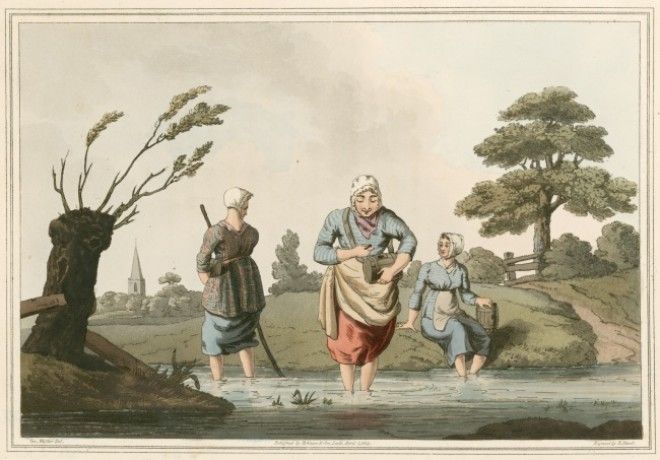
To meet the demand for leeches, which were widely used for bloodletting, there were people appointed to collect leeches from bogs and marshes. This job was seasonal and not well paid, and leech collectors often suffered from blood loss and infections. After the 1830s, the use of leeches in medicine began to decline. In the 20th century, the occupation became obsolete.
7. Whipping boy
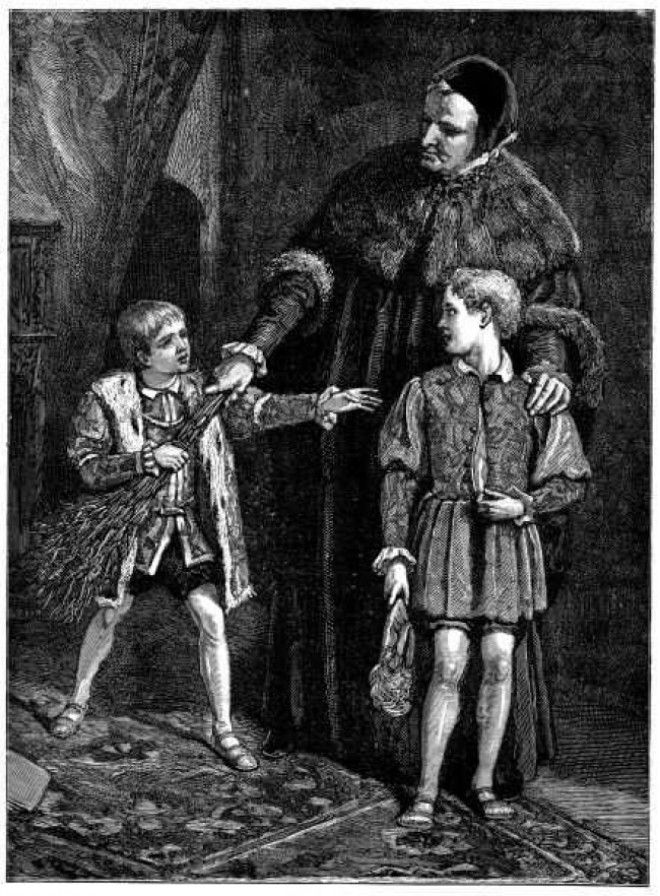
Whipping boys were brought up together with young princes and received punishments for their deeds. As the tutors of the prince could not hit the prince himself, his friend was used for these didactic purposes. One may think it wasn’t that big of a deal for princes, but it was: the boys almost always became good friends, and seeing his friend whipped for him made the prince think about his behavior in the future. Even though the custom is believed to be British, the origins of this institution are hard to trace.
8. Fuller
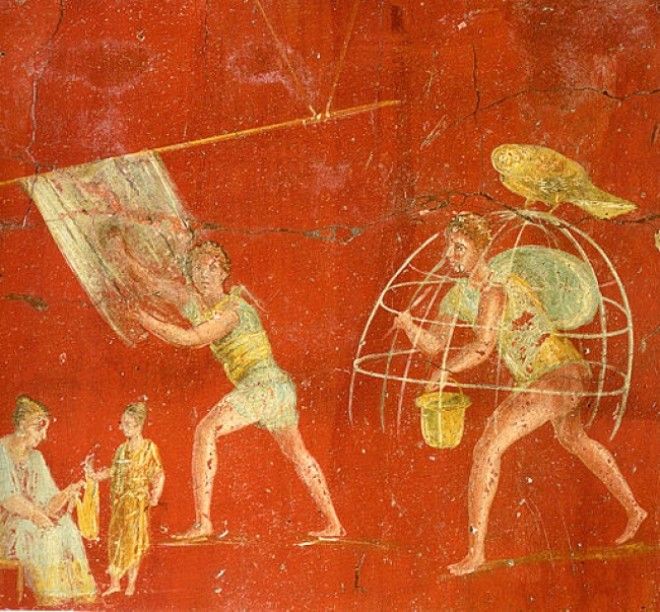
Another job that came from ancient Rome is the job of a cleaner or fuller (Latin: fullones). In ancient Roman towns, fullers’ shops dyed, washed, and dried clothes of different types. What makes these shops different from modern-day laundries is that clothes were washed in human urine, which was collected from restrooms.
9. Pin setter
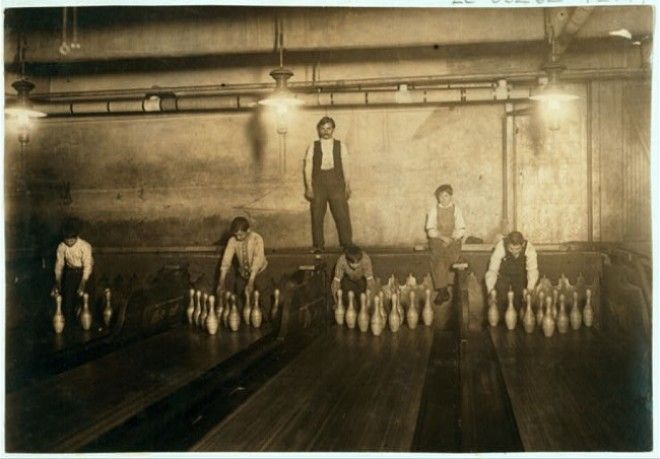
This low-paid manual job required a person to reset bowling pins to their correct positions, clear fallen pins, and return bowling balls to the players. With the invention of a mechanical pinsetter, pin boys were no longer required.
10. Linotype machine operator
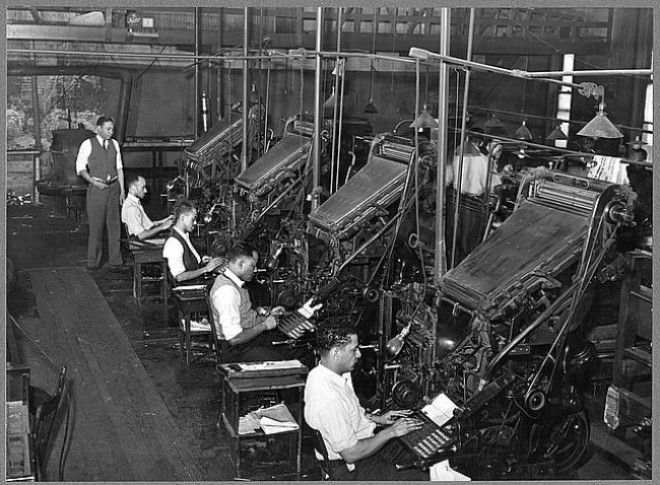
A linotype is a hot metal typesetting system used to produce newspapers. Skilled workerswere required to operate these machines as they not only cast lines and deposited them in a galley but also adjusted marginal stops and regulated the length and thickness of lines. The job became obsolete with the invention of phototypesetting.
11. Computers
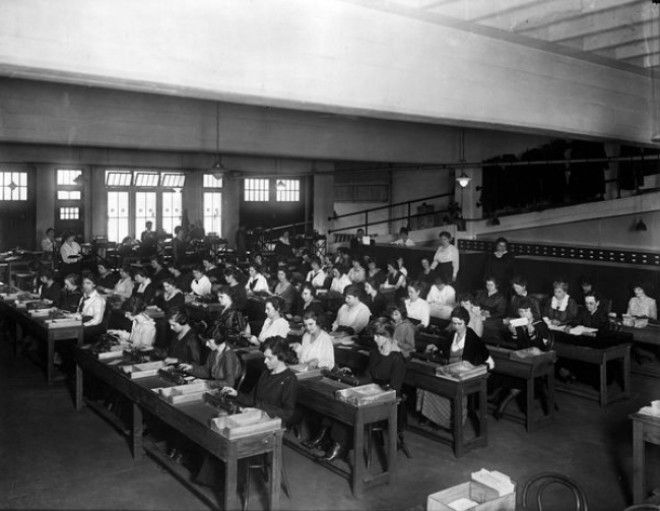
No, we don’t want to say that computers have suddenly gone obsolete. Starting from the 17th century, the term “computer” literally meant a person who computes. The job of computers would be to reduce, compute, and analyze data by hand or later with the help of mechanical calculators.
